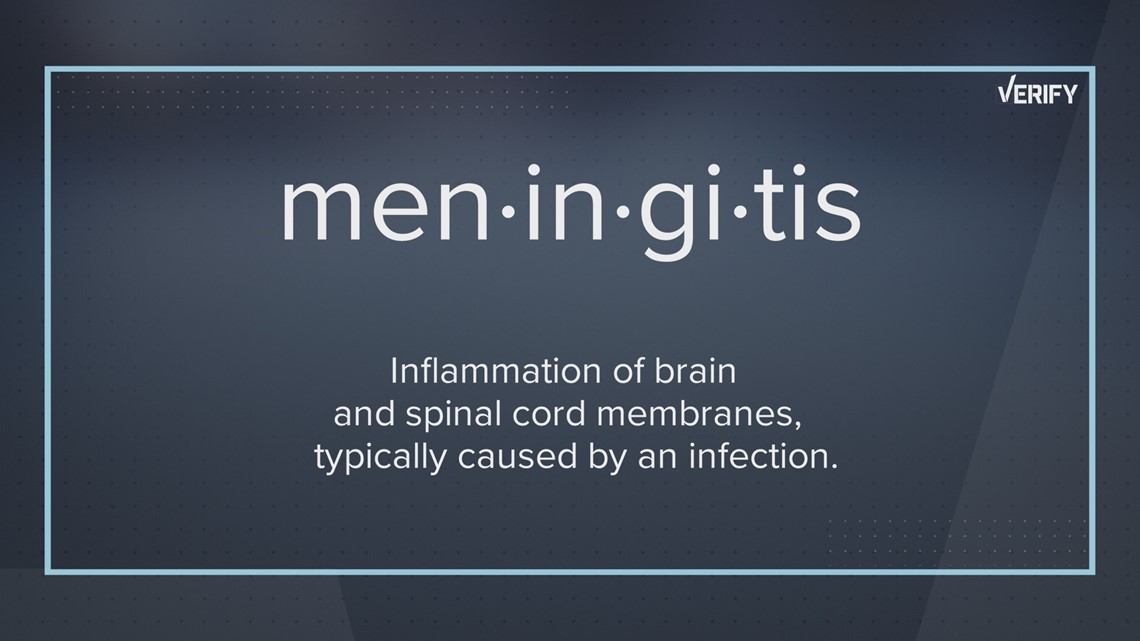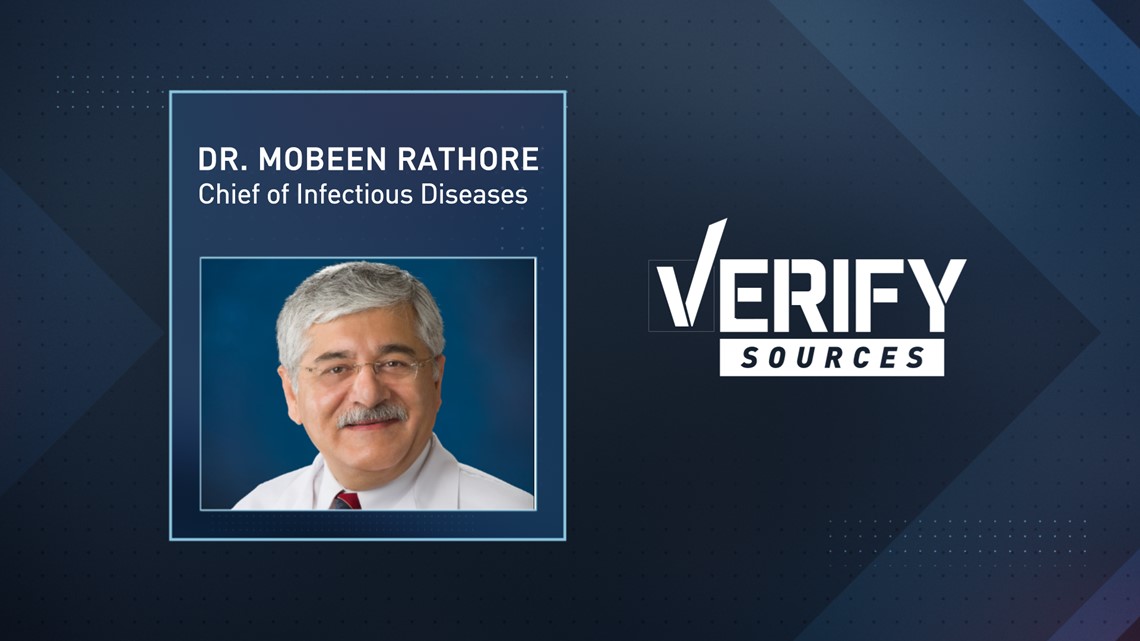Jacksonville, Fla. — The sudden death of a St. Johns County child due to meningitis leaves many parents wanting to know exactly what it is and what preventative measures they need to take to keep their own children safe.


First, let's clarify what meningitis is. It's an infection in the lining of the brain and spinal cord.


We spoke with the Chief of Infectious Diseases at Wolfson Children's Hospital, Dr. Mobeen Rathore. He urges parents to follow CDC guidelines when it comes to vaccinations against meningitis that have been proven safe and effective. Vaccines are available for little ones as young as infants at 2, 4 and 6 months old.
Once vaccinated, are your children still at risk of getting the infection? Even with all of the recommended vaccines, Rathore says there is still a chance that your child can contract the infection.
There are different types of meningitis -- bacterial and viral. Do they both have the potential to be deadly? Rathore tells us death is rare, but all meningitis can become deadly.
Can your children get vaccinated for both viral and bacterial meningitis? Bacterial meningitis is more severe, but vaccines are available. That’s not the case for viral meningitis.
"Unfortunately, as I said for viral meningitis, there is no vaccine. Except for one type of viral meningitis that we see in very young children, young infants. All the other viral meningitis -- there is no treatment. Most of the kids will be just fine, but there is a rare case a few of them will get hospitalized and get sick. Rarely they will die of it. I wish I could say something different. There's nothing you can do to prevent that," Rathore said.
So to verify, even after getting the necessary vaccinations, there is still a chance that your child can contract meningitis.
Death is rare but all types of meningitis can become deadly.
There are vaccines available for bacterial meningitis but not for viral.
Rathore insists your best line of defense is still to get your child vaccinated. If they have any symptoms such as fever, headache, not eating or drinking or a rash in some cases, contact your doctor.
If you have something you would like us to verify, send us an email to verify@firstcoastnews.com.

